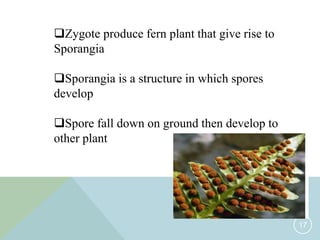

They are also less resistant to tough environmental conditions and have a tough cell wall that is waterproof in place of the peptidoglycan layer found on the cell wall of bacterial endospores * Unlike endospores, cysts are non-reproductive cells. When conditions in the environment become unfavorable, the cells come together in a manner that allows them to survive. Sporosarcina ureae).Ĭysts: Cysts are a group of cells that join together in order to survive harsh environmental conditions. Bacillus anthracis) and Sporosarcina bacteria (e.g. They are typically produced by Clostridium (e.g. * Some filamentous cocci have also been shown to be capable of sporulation (producing endospores)ĭepending on the type of bacteria, four types of spores are produced.Įndospores: Endospores are the most common types of spores.

Although some Gram-negative bacteria have been shown to be capable of producing spores, it's only a few species found in a few genera. These include aerobic Bacillus and anaerobic Clostridium species.

in the genus Methylosinus)Ī majority of spore-forming bacteria are Gram-negative bacilli (rod-shaped).
Exospores - Exospores are a type of spores that are produced outside the cell (e.g. Endospores - Type of spores that are produced within the organism (e.g. Microspores of plants (develop to formmale gametophyte). Megaspores of plants (female gametophyte). Sexual spores such as Oospores and Zygote. exogenous spores produced by Conidia oidia) There are also different types of spores including: Some of the organisms that produce spores include:ĭepending on the organism, spores vary significantly. The term "spore" comes from the Greek word for Seed. These characteristics make it possible for some of the spores to preserve the genetic content of the organism during harsh environmental conditions.ĭuring certain unfavorable conditions (depending on the organism), some of the vegetative cells go through a series of morphological changes (and some level of programmed gene expression) that ultimately produce spores.Īpart from genetic material, spores also contain some cytoplasm, specific acids, ribosome, and the appropriate enzymes among others that allow the spore to germinate during favorable environmental conditions. As such, it may be described as an adaptive response that allows the organism to survive given adverse conditions (radiation, extreme heat or cold, lack of nutrition etc).Ĭompared to vegetative cells, spores (formed during sporulation) are multilayered structures that tend to be dormant (or relatively dormant). Essentially, sporulation refers to the formation of spores from vegetative cells during unfavorable environmental conditions.







 0 kommentar(er)
0 kommentar(er)
